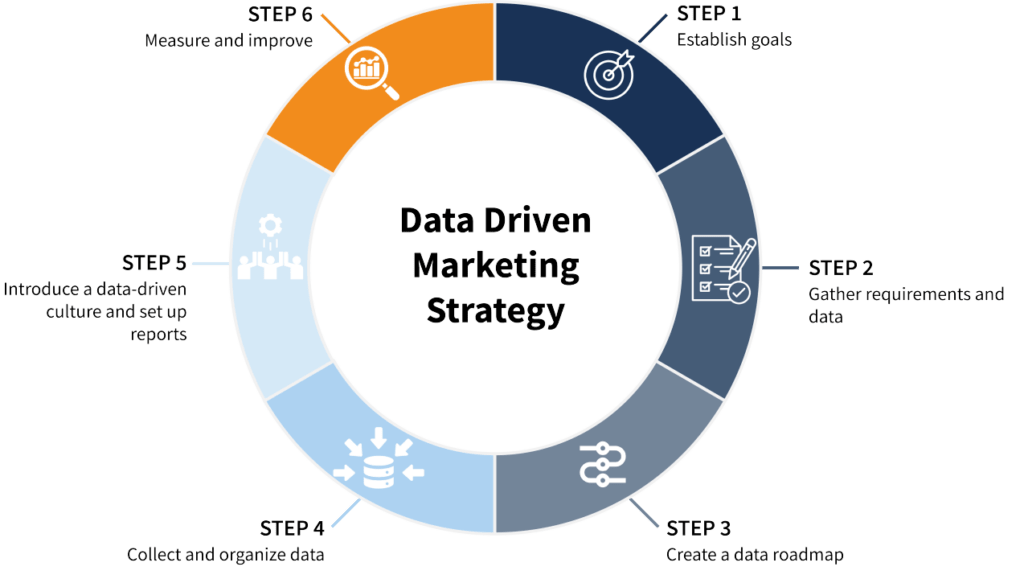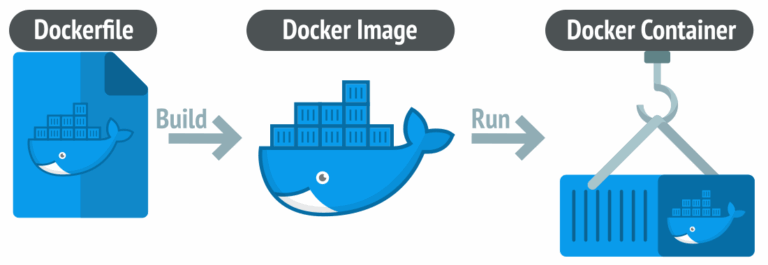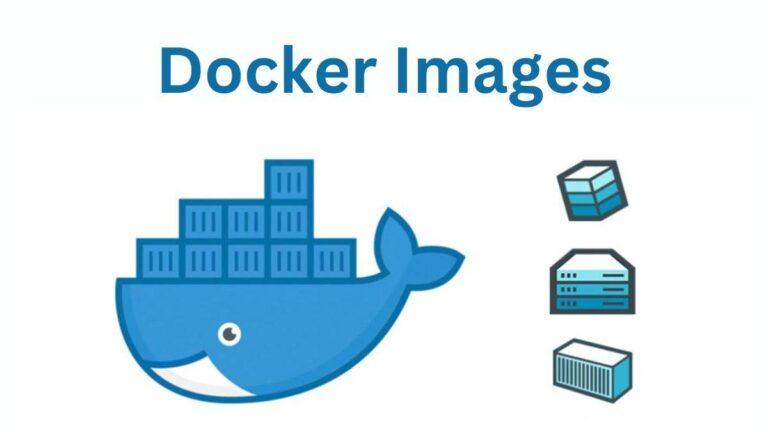In today’s fast-paced digital landscape, businesses are constantly seeking ways to stand out and connect with their target audiences. One approach that has proven to be highly effective is data-driven marketing. By leveraging data, companies can gain valuable insights, make informed decisions, and create more personalized experiences for their customers. In this blog, we’ll explore the importance of data-driven marketing and how it can transform your business strategy.

Understanding Data-Driven Marketing
Data-driven marketing refers to the process of collecting and analyzing data to guide marketing decisions and strategies. Unlike traditional marketing, which often relies on intuition and broad assumptions, data-driven marketing uses real-time data to understand consumer behavior, preferences, and trends. This approach allows businesses to create targeted campaigns that resonate with specific audience segments, ultimately leading to higher engagement and conversion rates.
Key Benefits of Data-Driven Marketing
1. Enhanced Customer Targeting
One of the most significant advantages of data-driven marketing is the ability to target the right audience with precision. By analyzing customer data, such as demographics, browsing behavior, and purchase history, businesses can identify patterns and segment their audience effectively. This targeted approach ensures that marketing messages are relevant to the audience, increasing the likelihood of conversion.
2. Personalization and Customer Experience
Personalization is no longer just a buzzword, it’s a necessity in modern marketing. Data-driven marketing enables businesses to deliver personalized content and offers based on individual customer preferences. Whether it’s through personalized email campaigns, product recommendations, or tailored advertisements, personalization enhances the customer experience, fostering brand loyalty and increasing customer satisfaction.
3. Improved ROI and Cost Efficiency
Investing in data-driven marketing can lead to a higher return on investment (ROI) by optimizing marketing efforts. By understanding which channels and strategies are most effective, businesses can allocate their resources more efficiently, reducing waste and maximizing impact. Data-driven insights also help in identifying underperforming campaigns, allowing for timely adjustments that save both time and money.
4. Informed Decision-Making
Data-driven marketing empowers businesses to make decisions based on facts rather than assumptions. By continuously analyzing data, marketers can track the performance of their campaigns, measure key performance indicators (KPIs), and identify areas for improvement. This informed decision-making process leads to more effective strategies and better overall outcomes.
Real-World Examples of Data-Driven Marketing Success
Many companies have successfully implemented data-driven marketing strategies to achieve significant results. For example, Amazon uses data to recommend products based on customer browsing and purchasing behavior. Netflix leverages data to suggest shows and movies that align with user preferences, resulting in higher engagement and customer retention. These examples highlight the power of data in creating personalized experiences that drive business growth.
Challenges in Data-Driven Marketing
While data-driven marketing offers numerous benefits, it also comes with its challenges. Data privacy concerns, the complexity of data integration, and the need for advanced analytics skills are some of the hurdles businesses may face. It’s essential to address these challenges by investing in the right tools, training, and data governance practices to ensure a successful data-driven marketing strategy.
Conclusion
In conclusion, data-driven marketing is no longer an option but a necessity in today’s competitive business environment. By harnessing the power of data, businesses can enhance customer targeting, personalize their marketing efforts, and make informed decisions that lead to improved ROI. While challenges exist, the benefits far outweigh the drawbacks, making data-driven marketing a crucial component of any successful business strategy.
As the digital landscape continues to evolve, businesses that embrace data-driven marketing will be better positioned to meet the demands of their customers and achieve sustainable growth.



